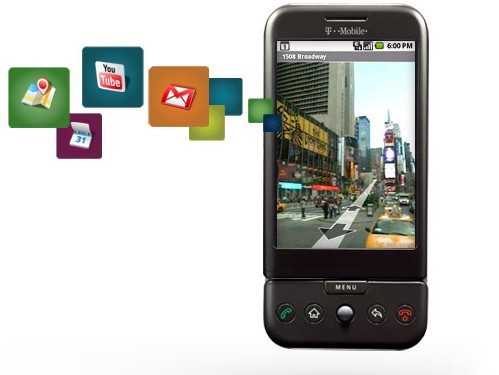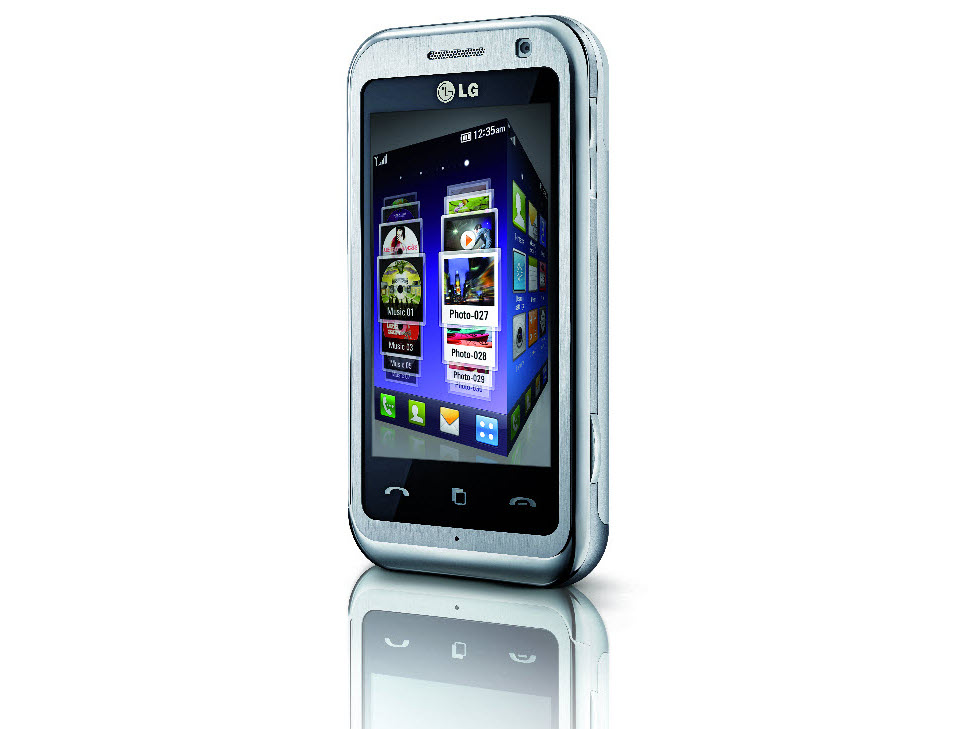Did LG save Android before it began?
Korean's balking at Android deal might have been catalyst

The name LG could have been as synonymous with Google's OS as HTC, according to an article on Android founder Andy Rubin.
The Wall Street Journal (subscription required) has published a look at the rise of the operating system - and the most interesting fact claimed is that LG backed out of a deal to be the primary partner for Android in 2007.
HTC brought the first three Android phones to market and now enjoys a status as one of the world's largest smartphone makers, whereas LG is struggling to make waves in the same industry.
It's an interesting point of conjecture - did LG lose out, or did Google and Android really win big by not having the Korean firm as a primary partner?
I'd have to go with the latter - we've seen LG's propensity to make sub-par phones when it comes to user interfaces (S-Class' spinning cube UI combined with a resistive touchscreen was never going to set the world on fire).
At the time when HTC was launching its Android smartphone brigade LG was still betting big on feature phones - the Viewty, Arena and Chocolate range were its take on next-gen phones and never really catapulted LG to market leader.

Whereas HTC became an integral player in the development of Android - John Wang, HTC's chief marketing officer once told me, "We had HTC employees running around the Google campus, wearing Google badges and eating Google food well before the first Android announcement."
Get daily insight, inspiration and deals in your inbox
Sign up for breaking news, reviews, opinion, top tech deals, and more.
Compromise is key
Therein lies the difference in my opinion: HTC was willing to work with Google (perhaps as a more acquiescent partner) to help build the correct hardware around Google's Android vision - it's hard to see LG not wanting to stamp its own authority all over the project and ruined the early simplicity of the UI with flying dodecahedrons or something.
Fast forward five years, and we're seeing accolades aplenty for HTC with the likes of the Desire and Sensation - and LG is pushing hard to capture the market with its Optimus range, ironically using Android as its primary operating system.
The article also claims that Android, now the world's largest smartphone operating system, nearly went out of business back in 2003 (prior to being acquired by Google) as Rubin struggled to get funding for the futuristic project.
It was only in a meeting with Google founders Sergei Brin and Larry Page, fans of Rubin's Sidekick phone project with Danger, that the possibilities were outlined and the Android gravy train pulled out of the station - which would probably mean Apple's iOS would have more market share than it could shake a stick at now, and Nokia would still be claiming that Symbian was a world-beating OS.

Gareth has been part of the consumer technology world in a career spanning three decades. He started life as a staff writer on the fledgling TechRadar, and has grew with the site (primarily as phones, tablets and wearables editor) until becoming Global Editor in Chief in 2018. Gareth has written over 4,000 articles for TechRadar, has contributed expert insight to a number of other publications, chaired panels on zeitgeist technologies, presented at the Gadget Show Live as well as representing the brand on TV and radio for multiple channels including Sky, BBC, ITV and Al-Jazeera. Passionate about fitness, he can bore anyone rigid about stress management, sleep tracking, heart rate variance as well as bemoaning something about the latest iPhone, Galaxy or OLED TV.